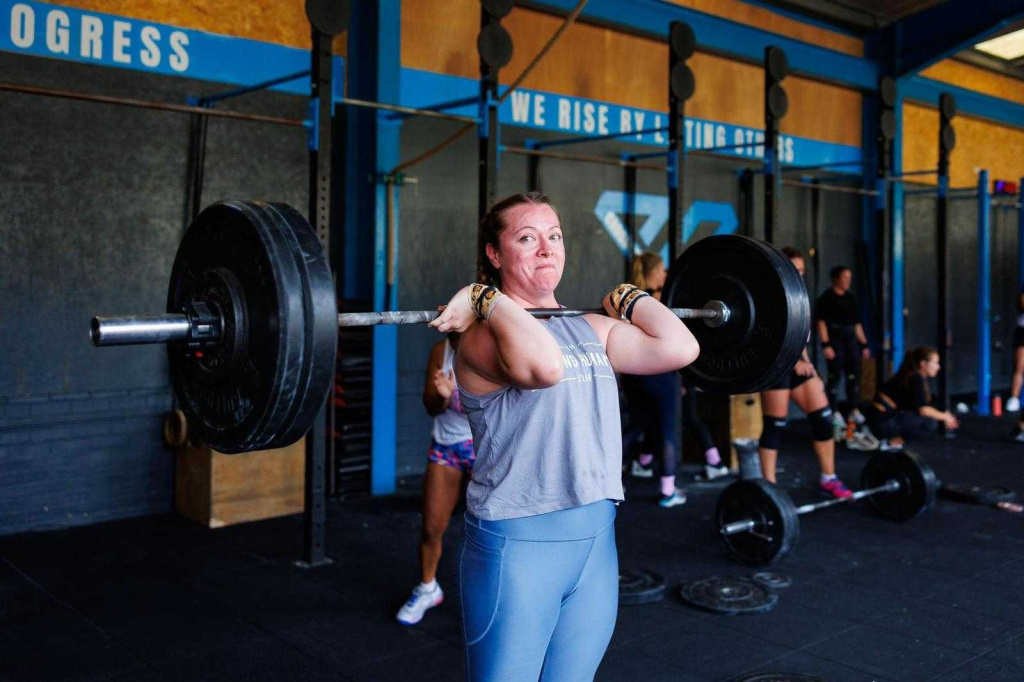How did you get there? Danielle Todd
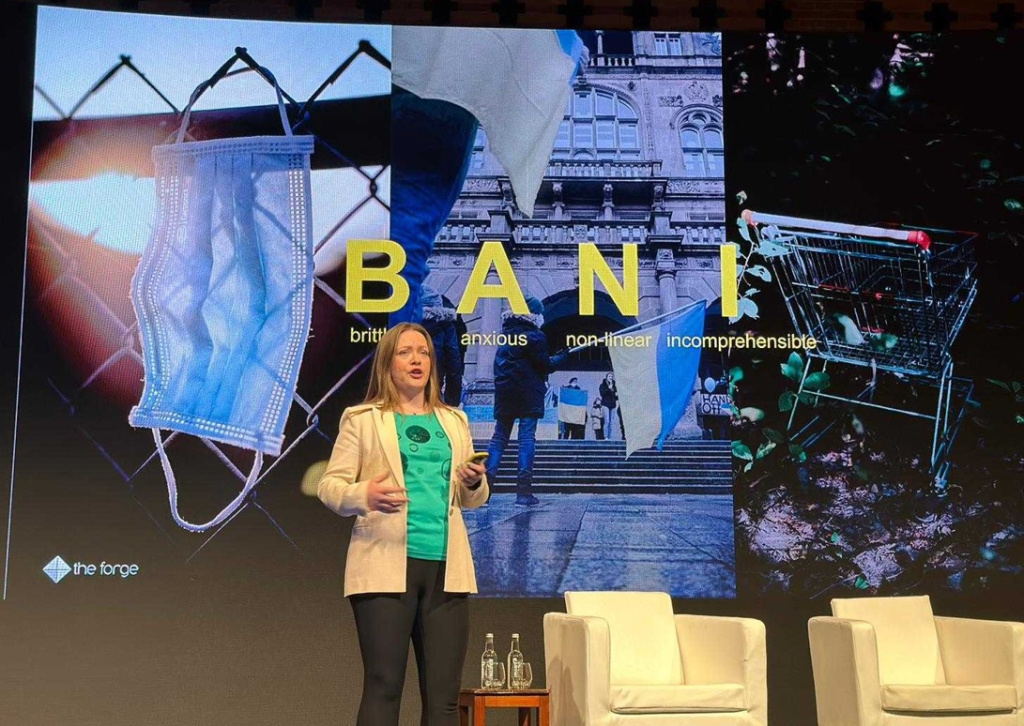
Great to hear from Danielle Todd who is a Director at strategy consultancy The Forge, WIRe UK lead, and sits on the MRS EDI board. She’s often spotted presenting at conferences such as IIEX, ESOMAR and MRS, or being an enthusiastic CrossFitter, and as she tells us, “finishing around the middle of the leader-board in most competitions but having the most wonderful time.”
So, how did you get into the industry, and take us through how you got to this point?
I failed into the industry. Fairly typical, I know. I did my Undergraduate degree in Geography, then my Masters in Environment, Society & Culture, and had the good fortune to apply for PhD funding in 2008 when funding was cut from 8 places to just one. It was the best thing that could have happened to me – I don’t think I would have enjoyed academia! – so in failing to secure PhD funding, I worked for a few charities during the day and a cocktail bar in the evening in Edinburgh before moving to London when my partner took a role here. I joined TNS as a Research Assistant (a role that no longer exists!) where I worked in the Consumer department, running quantitative projects for the likes of Allied Bakeries, Bacardi and Danone, learning and growing under the attentive and supportive eye of the very wonderful Claire Bassett. A few years in, I had the joy of meeting Monique Drummond and moved to Relish for nearly 8 years. And more recently, after a move driven by a passion for strategy and innovation, I’ve recently celebrated my one year anniversary at The Forge!
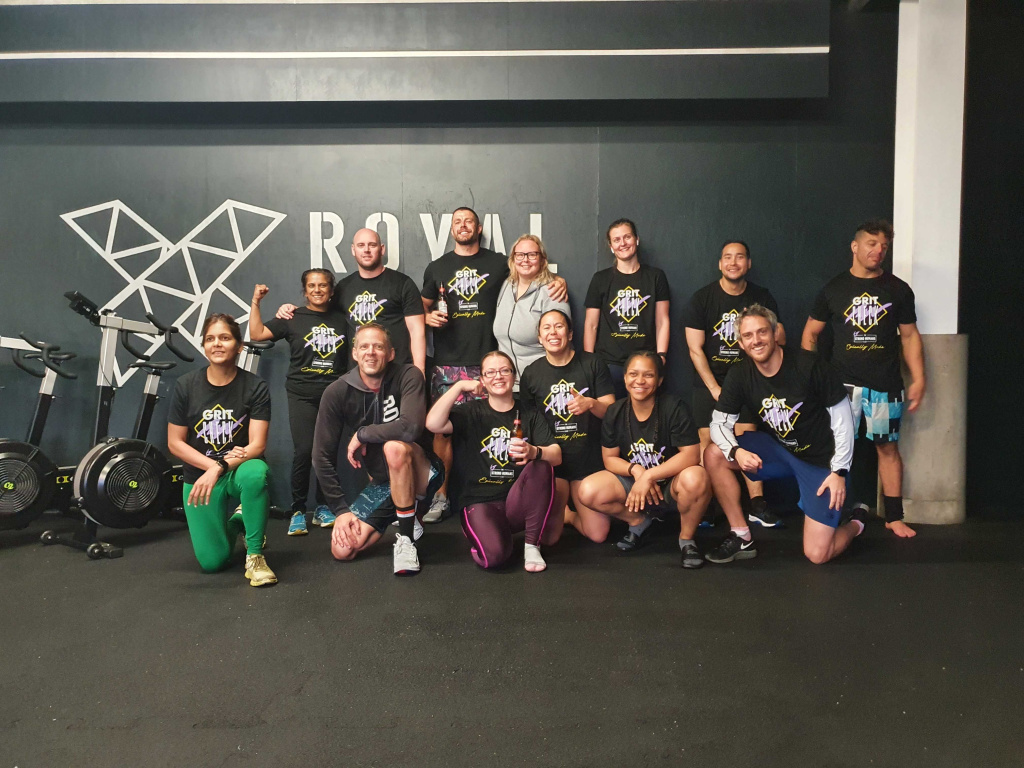
Why should anyone consider a career in market research, data and insights?
Practically? A lot of the skills that you learn in our industry; attentiveness to detail, story-telling and influence and building relationships give you such rounded employability.
Emotionally? Within our industry, there is a jungle gym of career options depending on what sparks passion inside you.
I think our industry gives untold opportunity to influence and shape the world around us, and I know I personally find that incredibly addictive.
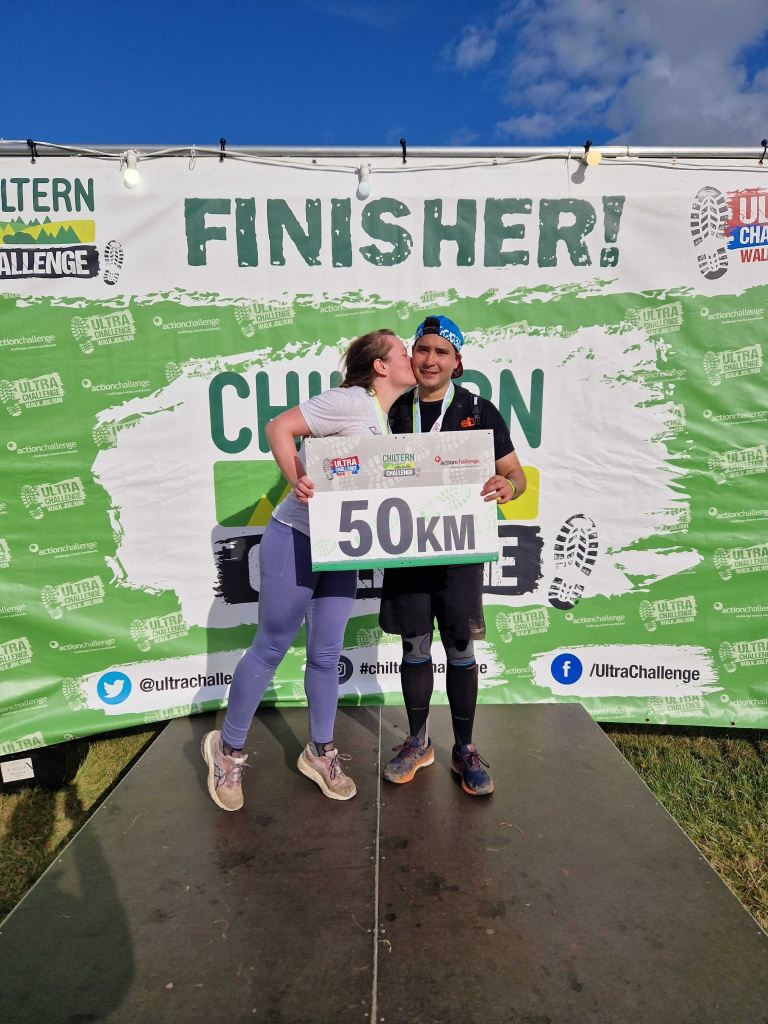
Career paths are rarely without challenges. Can you share an honest moment from your career when things didn’t go quite according to plan, but the lessons remain with you to this day?
Continuing my theme of failure, I applied to a company thinking it would be a fantastic fit with my Masters based in qualitative research. That company was Ipsos, and I was promptly rejected. I still have my rejection email from Ben Page (which I showed by way of introduction, when he kindly spoke at a WIRe event!). Graduating not long after a recession, I had a fair few rejections, and fairly early on in my career taught me it’s not about the act, but how you react. What’s your next step? What are you gonna do now? Have a plan, and build flexibility into it. Your future isn’t predetermined, it’s a version you create by your choices, beliefs and actions.
I’m a firm believer that failure builds resilience, and we learn the most from failure, so embrace it, use it, and create the career you want.
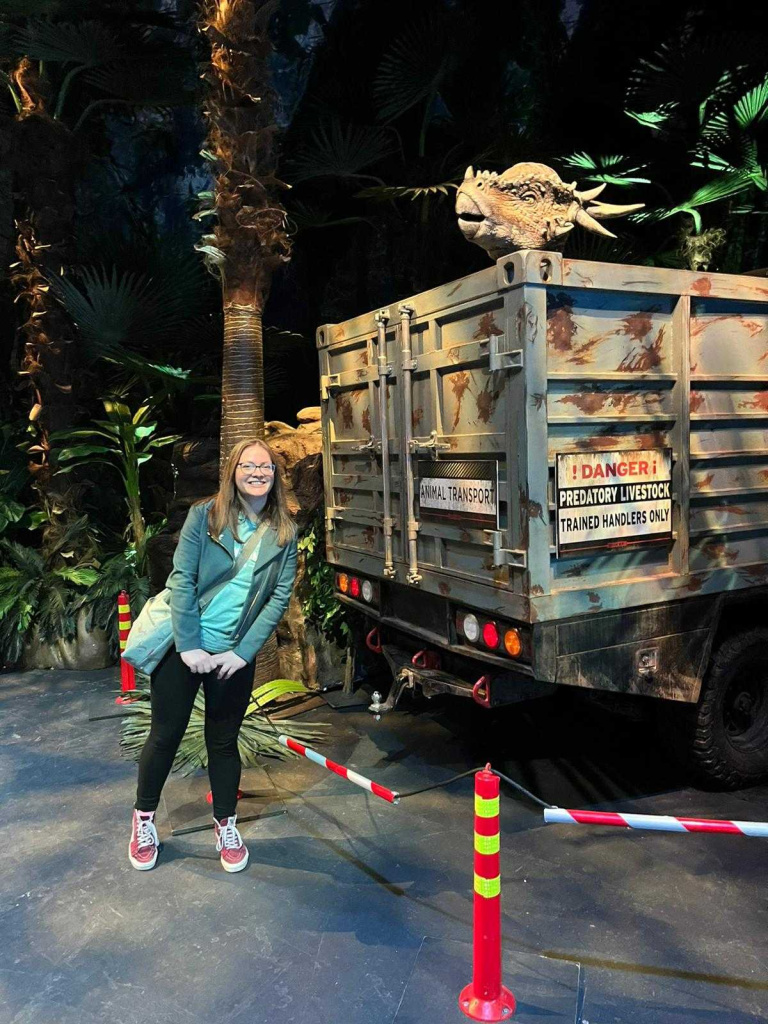
What two things should junior researchers focus on as they progress in their careers?
I’ve always been ambitious and wanted to progress quickly, and in my early career had 5 promotions in 7 years, bear with, there’s a point to what reads as shameless self-promotion so far! There’s a video that’s been doing the rounds lately of Obama providing advice for young people coming into the work force, and he speaks of being the person ‘who gets stuff done’. And I fully credit that approach with how I’ve been creating my career.
If you are an ambitious junior researcher, whatever form that looks like, if changing career paths, countries, working style or progression:
(a) create as many opportunities for yourself as possible and (b) show curiosity and willing. It’s easy to wait for opportunities to come along, or not know it’s okay to ask, but please do. Go ask that Director if you can attend the debrief, go sit with the Analytics team and ask questions, that confident presenter you admire? Ask if you can practice in front of them and any tips they have. They can only say no, and if they do, that’s fine, ask someone else! A lot of what works well in our industry is absorbed through spending time with others not like you, and others who have different or more well established skills than you; seek them out and learn from them. Equally important, a great attitude, and demonstrating curiosity and willing will accelerate your career. Yes there’s boring parts of all our roles, yes there’s parts you mightn’t enjoy as much as others, but people crave being surrounded by radiators, not drains. Be a radiator of joy and solutions and your career will build in the direction you want it to.
I’d like to add a third thing I particularly want junior researchers to know: stop worrying.
I think, in particular for young women, or people who feel like they don’t fit the mould, or the space they’re in, we worry a lot. We spend a lot of emotional energy fretting, worrying, stressing, over-thinking, all of these things. About how we look, how we don’t fit, how we’ve asked a question, how we haven’t got something exactly perfect. And just: don’t. When you look back on choices you’ve made, years spend in a role or situation, and you’ll remember the people, you’ll remember the wins, you’ll remember what you learnt. But what won’t add value is remembering how you worried. And it saps so much energy that you could be spending on being creative, being present, being happy or just being. Please, stop worrying.
Do you have any advice for our sector?
To spend more emotional energy on things that will make the biggest difference.
Since my day one in this industry, I’ve been perplexed by how concerned we are by how we’re seen as industry, or how our roles will be irrevocably altered by the next [insert trend here]. We will grow and evolve, as any industry and role does and should, but I would love our industry to focus on less existential fears and more active contribution to society. We know brands are more trusted than governments, and we know the role brands play in shaping and reflecting society. That’s huge. The ramifications of that are huge. Imagine the good we can do if we collective realise and utilise that power?
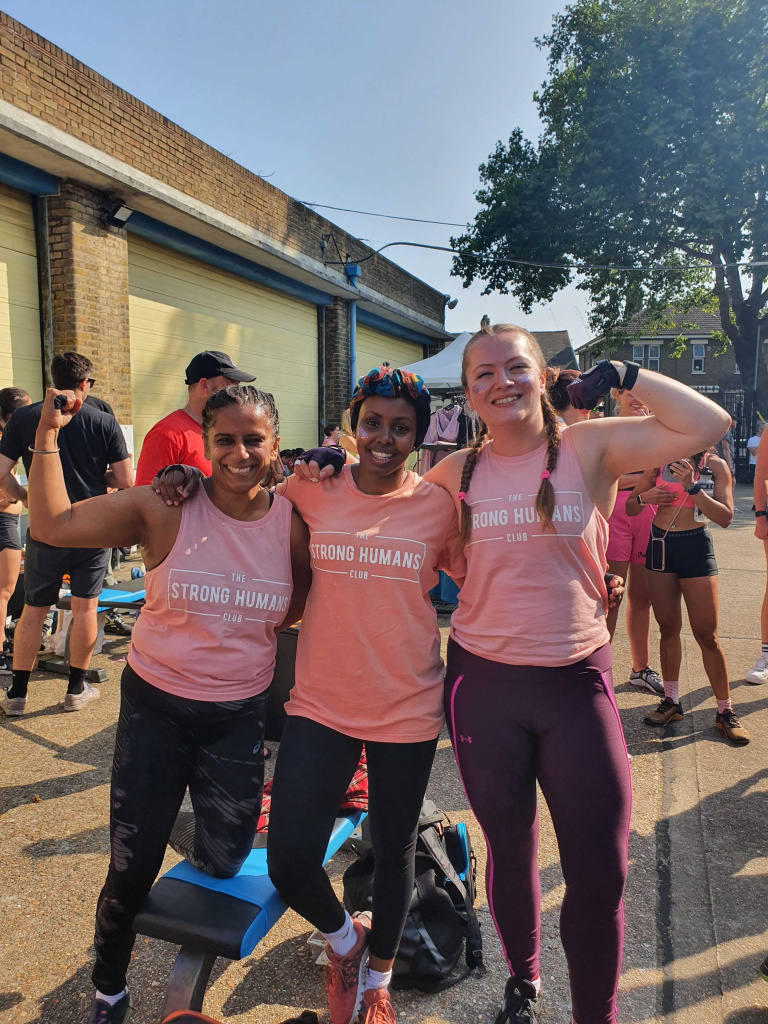
And do you have anyone who has helped your career so far that you’d like to acknowledge and say thanks or give a shout out to?
Our industry is full of beautiful hearts and generous souls, and I’m very grateful for the community and friends I’ve made. I am particularly grateful for those who carved out opportunities, and give time and emotional energy to this ambitious and opinioned young researcher, who because of that guidance and mentoring, has blossomed into a well-rounded and confident strategy consultant.
I would advise any junior researcher to seek out those who believe in you and will go to bat for you. When I think of that attitude, I think of two people in particular. Phil Sutcliffe, who demonstrated utmost patience with me in my first role; I learnt so much about gravitas and measure when dealing with pressured situations. Mons (Monique Drummond) who always ‘got me’, and was very much a hand at my back, pushing me forward into brave opportunities and getting me back on my feet when things didn’t go to plan.
And finally, I’d say find your community. Between two global networks: Women in Research and my CrossFit community, I am privileged to lean on the strength and support of hundreds. Find your community, join a networking group like WIRe, CORe or MRS Pride, whatever it is, to find those powerful forces who will help you become an even better version of you.
